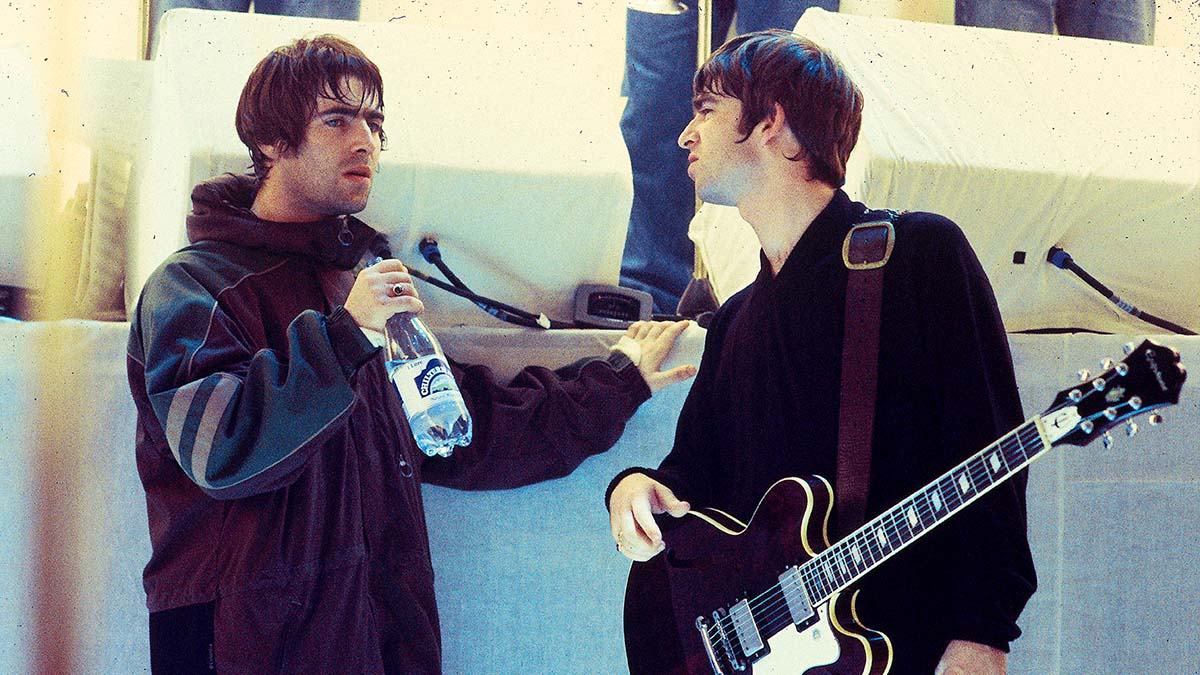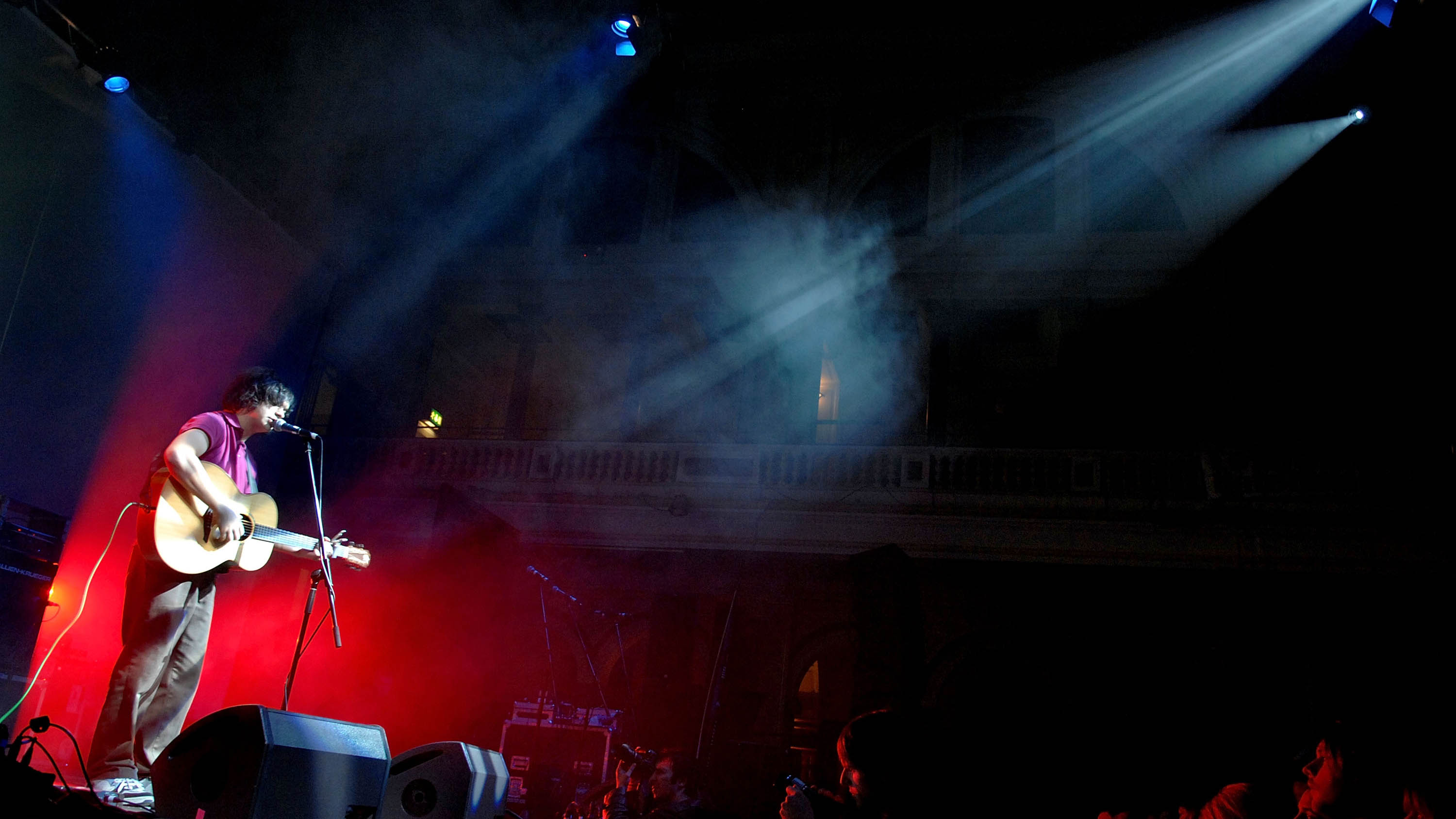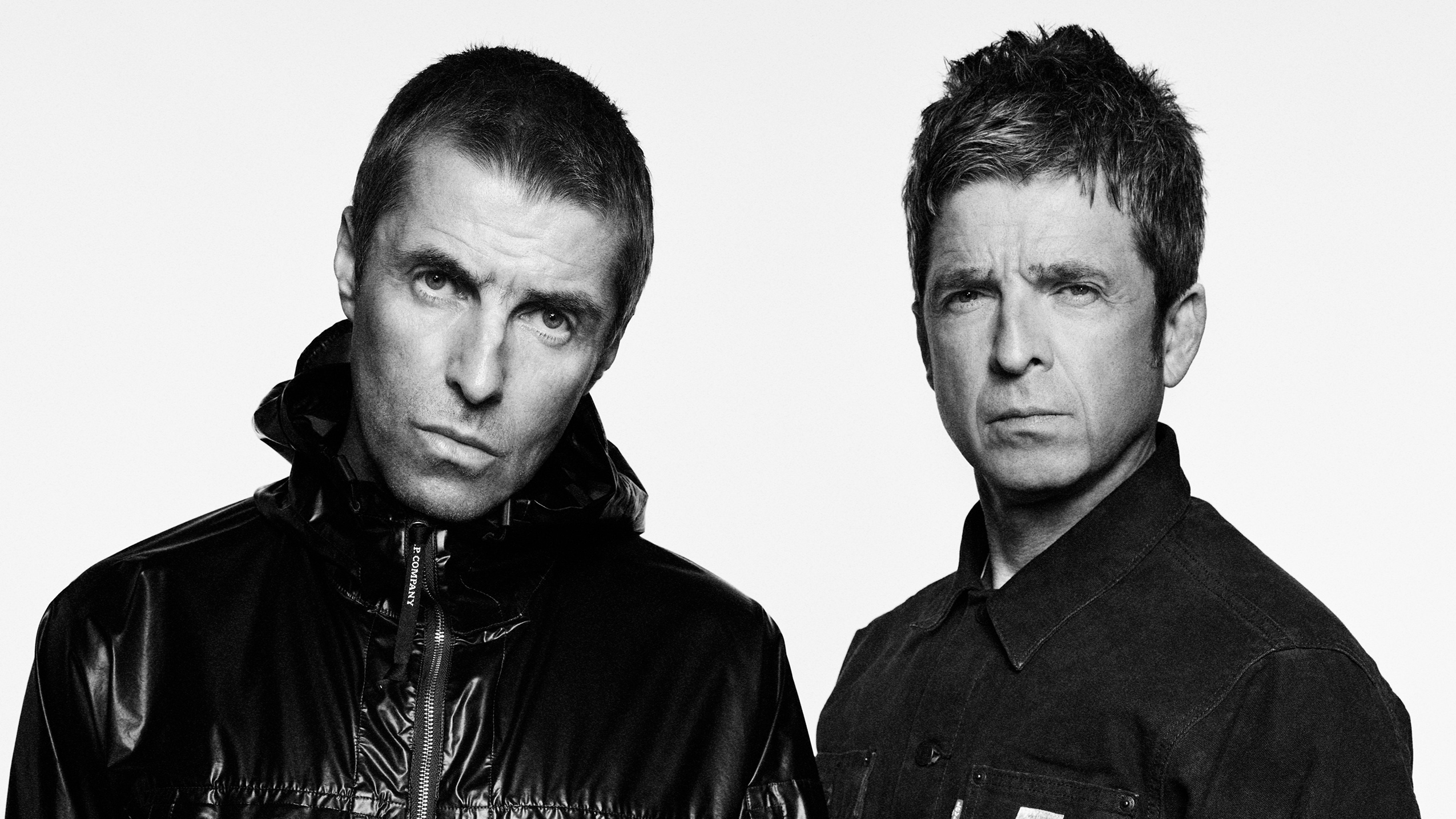“I think we're about to have a big resurgence now in kids picking up guitars, and I think we've got the Gallagher brothers to thank for it”: Should we be hopeful about the future of guitar music?
Are we on the cusp of a new generation of indie heroes?

We all know that overnight successes are a rarity in music, but in today’s landscape, it seems that artists, and particularly bands, are having to put in significantly more time, effort and - importantly - money into their endeavours, before they can start to reap the rewards
Recently, we reported on the shocking statistics that indicate that bands are not achieving the same level of sales, chart placements or cultural critical mass that they once did. A significant reason for that is surely the decline of traditional routes to achieving success, namely, the all-important grassroots venue scene’s erosion.
Recent figures released by the UK’s Music Venue Trust, indicate the spiralling decline in stark detail. Sam Duckworth (best known by his Get Cape Wear Cape Fly artist monicker) works with the Music Venue Trust, and recently laid out the dearth of viable venues that new bands can hone their craft in. At the Beyond the Music conference in Manchester. Duckworth said, “My first major tour was 54 dates. There's no way I could do a 54-date tour now. What it really means is that fans in certain parts of the country have now either got to travel long distances or hope to be the one non-major city on a tour. So not only are we seeing a crisis in economics, we're also seeing a crisis of access. There are vast swathes of the country where your only option is to travel an hour and a half. Then you factor in that the cost of everything has gone up. The train tickets have gone up. The ticket prices have gone up. The cost of your life has gone up."

The cultural knock-on effect of these across-the-board costs perhaps goes some way to indicating why bands - who traditionally rely on the live circuit more than solo artists - have receded. But, perhaps the recent resurgence of legacy acts from the Britpop-era could go some way to capturing the imaginations of today’s musically-inclined youngsters.
In our recent deep dive into the economics of music-making in the 2020s, we spoke to The Lottery Winners, the Wigan-based four-piece who have generated a massive amount of acclaim from both critics and audiences. Some are even going as far as hailing them as the saviours of British guitar-based music.
Despite the prevailing bleakness in many media reports about the state of bands and venues, The Lottery Winners’ lead singer and songwriter, Thom Rylance has witnessed first-hand a raft of exciting new bands on the touring circuit. He told us; “I don't see any drought in guitar bands on the touring circuit, [actually] playing in independent venues. I think it's the scene is rife at the moment. Actually, I think there's so many great bands that you could go out any night of the week and see one, and that is really refreshing.” Rylance enthuses.
He also expressed his belief that we’re on the cusp of a new wave of guitar-toting acts, inspired by one of the biggest stories in music (and popular culture) this year; “I think we're about to have a big resurgence now in kids picking up guitars, and I think we've got the Gallagher brothers to thank for it. [Oasis] reforming, and the hysteria that surrounded that is just complete testament to how important they are culturally, in both fashion and in music. I think music kind of moves in circles. It's always cyclical, and we're just about to hit the guitar and indie thing again.”
Want all the hottest music and gear news, reviews, deals, features and more, direct to your inbox? Sign up here.

Set to release their fourth album in early 2025, The Lottery Winners know the touring circuit all too well, with their current success resting on a 12-year legacy of playing gigs up and down the country, honing their craft and working second jobs before landing a record deal. “I think the first, you know, 12 years was our preparation, our training,” Thom told us. “It’s where we were learning our craft. We played every kind of gig there is. We were playing in pubs to no-one. We were playing weddings, we were playing just every kind of gig you can imagine.”
"I think without that, we wouldn't be as good as we are live, and we wouldn't be able to, like, handle this really strange world that we've been kind of thrust into.” Rylance told us.
In that time-span, Thom and his band-mates worked day jobs to support their endeavours; “[Music] was always the main thing. Everything else that we did was always to supplement it. Katie used to clean toilets. [When] we signed a record deal with Warner Brothers, she was cleaning toilets on the same day. Because we had to do that. I used to work at Claire's Accessories - piercing ears, which was a weird job. I never wanted to do any of that shit. But, we've had that kind of determination that it was all going to work out.”
Thom told us that, even at their level, touring is still the primary route for generating revenue as a band, “It’s not through streaming. The way we all make a living is being on the road all the time.”
Fore more on the cost of releasing and performing music, read our full deep-dive on the economics of being a music-maker in the 2020s, as well our report on the general decline in bands here.



I'm Andy, the Music-Making Ed here at MusicRadar. My work explores both the inner-workings of how music is made, and frequently digs into the history and development of popular music.
Previously the editor of Computer Music, my career has included editing MusicTech magazine and website and writing about music-making and listening for titles such as NME, Classic Pop, Audio Media International, Guitar.com and Uncut.
When I'm not writing about music, I'm making it. I release tracks under the name ALP.